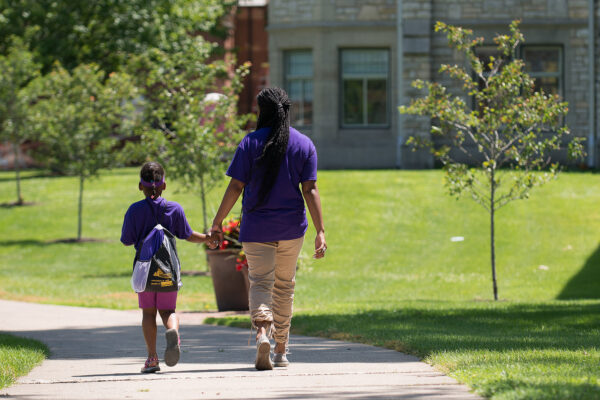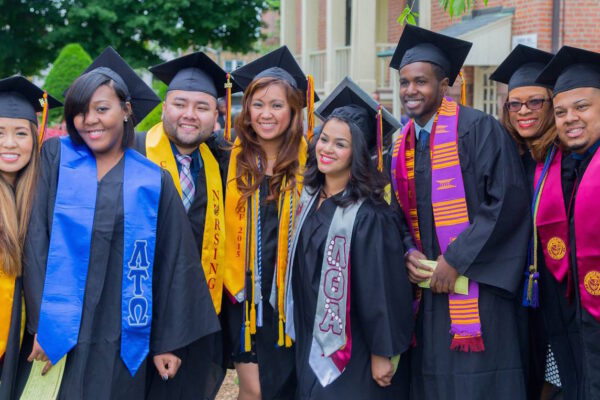New Report Highlights How Institutions Are Supporting Post-completion Success for Latino Students
Title: Beyond Completion: Post-Completion Efforts at Hispanic-Serving Institutions
Author: Gabriel Bermea
Source: Excelencia in Education
Post-completion success continues to be an important conversation point as colleges and universities work to support students of historically marginalized backgrounds through their postsecondary education. Excelencia in Education recently released a report to examine the post-completion success initiatives at seven Hispanic-serving institutions (HSIs).
For the purposes of this report, the author defines post-completion as “relating to or occurring in the time following completion of an educational credential.” Post-completion success is defined as “Latino completers’ long-term outcomes (e.g., civic, educational, well-being, and workforce) within an institutionally defined context and measure.”
Excelencia noted the following strengths across the institutions studied:
- Offering culturally relevant institutional practices designed to accelerate Latino post-completion success.
- Providing custom measures and metrics to track post-completion success outcomes.
- Demonstrating progress in closing post-completion success equity gaps for Latino completers.
The report ends with actionable steps that institutions can take to better serve Latino students to completion:
- Ignite the post-completion success conversation by assembling a team of campus stakeholders to begin or continue the post-completion conversation.
- Discover post-completion success data sources and collect post-completion success data at various levels through varied data sources.
- Identify post-completion success key performance indicators, both current and aspirational, and align them with the institutional definition of post-completion success.
- Develop an institution-level post-completion success strategy by making an actionable plan to achieve post-completion goals for Latino students.
- Implement evidence-based post-completion success practices that serve completers by recognizing the responsibility to offer services beyond completion to aid students in their continued educational and professional development.
To read the full report, please click here.
—Ben Cecil
If you have any questions or comments about this blog post, please contact us.


